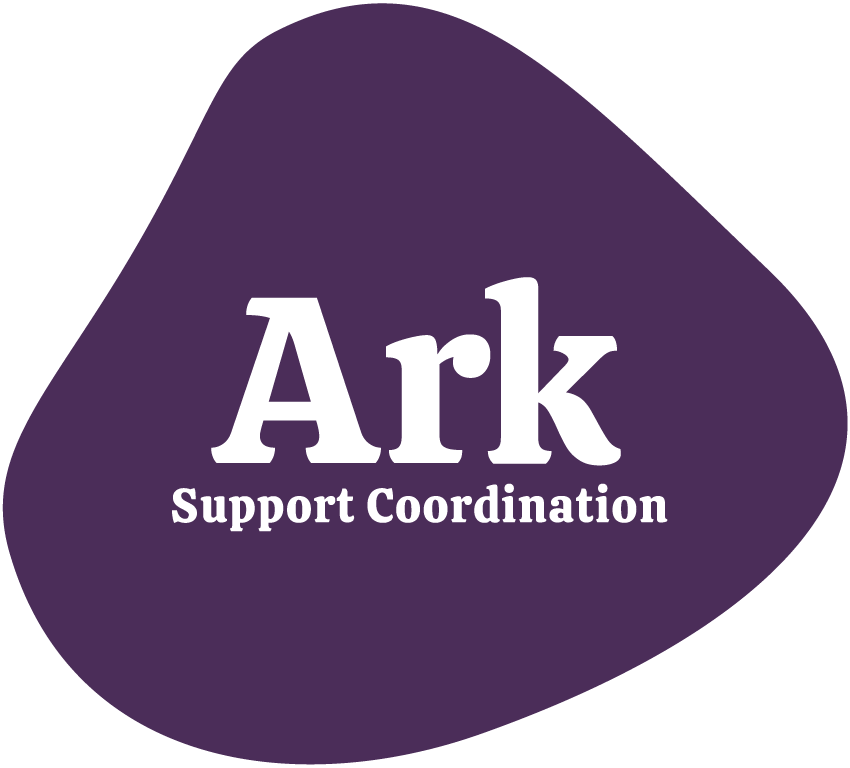Psychosocial Disabilities & the NDIS
Psychosocial disabilities arise from mental health conditions, so why doesn’t the NDIS fund mental health care like psychology sessions?
What is a Psychosocial Disability?
Psychosocial is the relationship between a person’s psychological and social experiences and environment.
How does the Federal Budget affect the NDIS?
The 2023-24 Federal Budget. What does it mean for NDIS participants? And what is a growth target?
Recovery-Oriented Language, Without Expectation
Whilst acknowledging change and being optimistic for the future, we must also be careful not to convey an expectation of recovery.
What Is Supported Decision-Making?
The same way a ramp allows access to a physical space, trusted allies in supported decision-making have the potential to advocate whilst endorsing individual rights and fostering self-advocacy.
What Is The Double Empathy Problem?
The way people with autism express empathy may not be understood by neurotypical people. And vice versa, the ways neurotypical people express empathy may confuse autistic and neurodiverse people.
What Can Be Done to Improve Thin NDIS Markets?
For remote areas with scarce resources, an NDIS demand-supply economy doesn’t best serve the participant and deliver on the scheme's fundamental principle of choice and control.
NDIS Services in Rural and Remote Australia
Data shows people in regional and remote Australia have higher rates of hospitalisation, injuries and death than people in major cities.
Consent Education: Especially important for people with disabilities
If people with disabilities are without adequate sex education, we leave them more at risk of sexual exploitation, even more so if they are used to non-consensual physical touch as a child.
Inspiration Porn: Disability as non-disabled motivation
This type of content means well, but we must question why it was made. And for whom? Because it's not intended to make people with disabilities feel good, it's for a non-disabled audience.
Sexuality & Gender Identity More Varied Among Autism
Regarding sexual orientation, one study found that people with autism report higher rates of homosexuality, bisexuality, and asexuality and lower rates of heterosexuality than the general population.
Autism Masking: What is it?
It is a survival skill many autistic people develop as children to hide their differences from the world. Although many of them don't even know they mask, it comes at a price to their well-being.
Disability & Sexuality: History, Barriers and Still Stigma
Contrary to popular belief, people with disabilities are sexual beings. Unfortunately, the sexuality of persons with a disability can be oppressed by their supports, medical professionals and society at large.
Mindfulness for Carers: Ideas You Don’t Need To Make Time For
Not everyone can schedule a daily guided meditation to experience the evidence-based benefits of mindfulness. But, there are still ways to incorporate awareness to everyday activities to reduce anxiety and stress.
Acquired Brain Injuries in the Justice System
The varying ABI symptoms mean no two brain injuries are the same. Like other invisible disabilities, people with an acquired brain injury are more likely to fall through the cracks.
Atypical Sensory Processing: What is it?
Sight, sounds, touch, smell and taste are all sensory inputs from the environment around us. For some individuals, information coming through our senses can feel more or less intense than others.
Parenting a Child With Complex Medical Needs
Without lived experience, it can be hard to understand the daily demands placed on parents who raise children with complex, rare diagnoses and various comorbidities.
Self-Care Practices for Community Workers
We’ve found in our experience as social workers and support coordinators that compartmentalising is not always achievable, hence why regular self-care is vital.


















